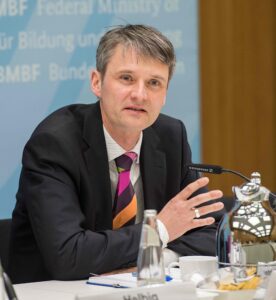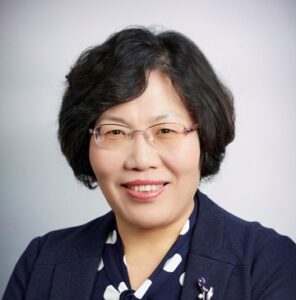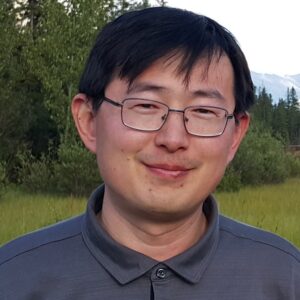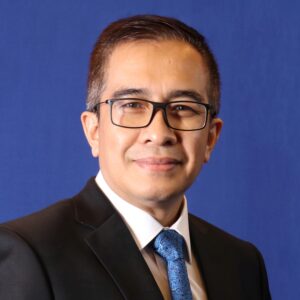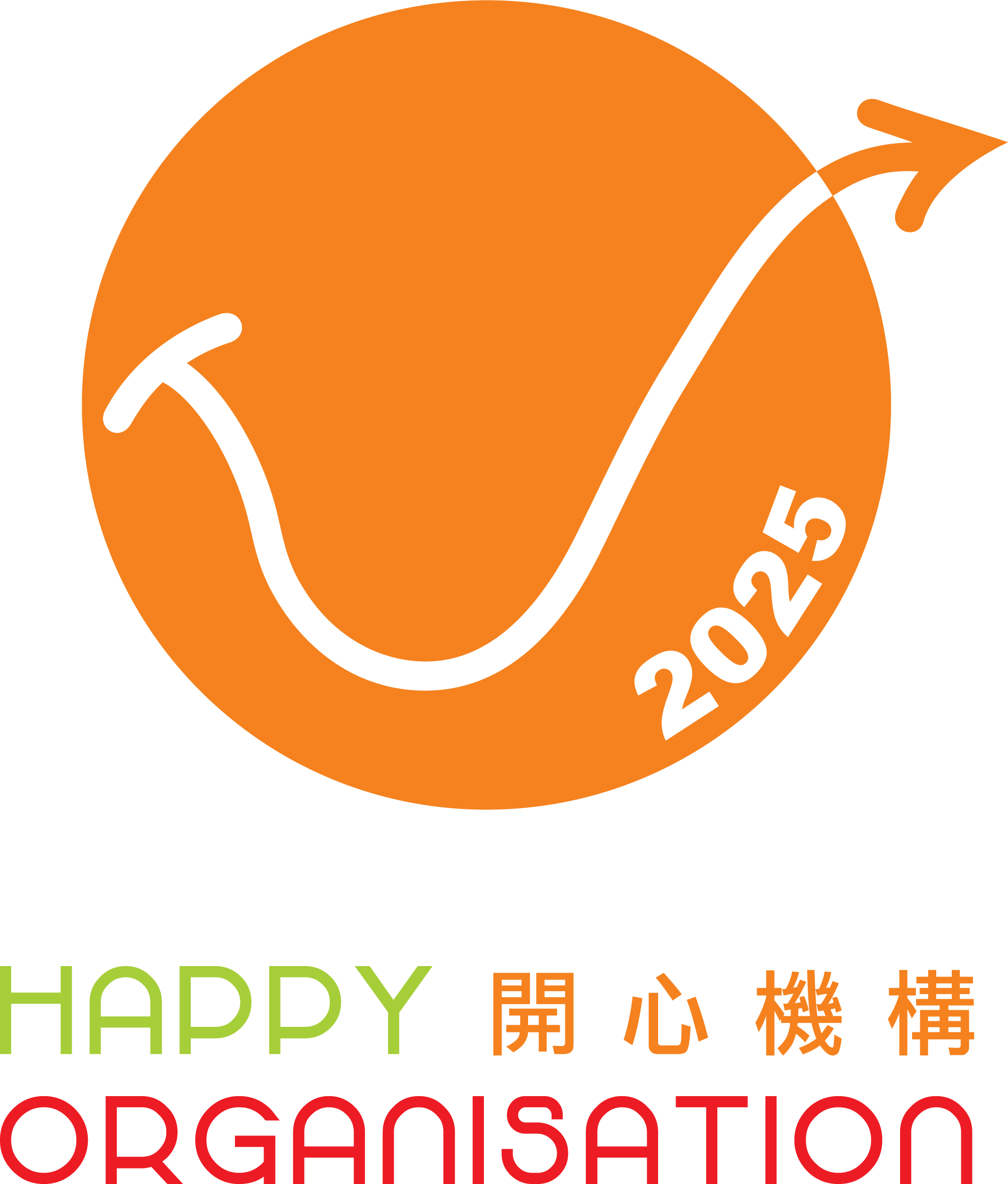Katarina Popović, PhD, is a Professor of Adult Education at the Department of Andragogy, Faculty of Philosophy, University of Belgrade, Serbia, where she also serves as President of the Faculty Council. She is a researcher at the Institute for Pedagogy and Andragogy and a visiting professor at several universities abroad.
She holds the position of Secretary General of the International Council for Adult Education (ICAE), Vice President of the International Society of Comparative Adult Education, and President of the Serbian Adult Education Society. Additionally, she is Editor-in-Chief of Andragogical Studies and a member of the editorial boards of several other academic journals. Dr. Popović has authored numerous publications in the field of adult education and lifelong learning.
She is a certified adult education trainer (Swiss) with extensive experience conducting hundreds of training sessions worldwide. For many years, she served as Vice President of the European Association for the Education of Adults (EAEA) and as Regional Coordinator for South East Europe at DVV International. In these roles, she participated in and coordinated numerous projects in adult education, lifelong learning, and vocational training, serving as a policy advisor, evaluator, curriculum developer, and trainer.
Dr. Popović frequently serves as a UNESCO expert and is a member of the International Adult and Continuing Education Hall of Fame. Her work bridges research, policymaking, advocacy, and practical adult education.
Driven by her deep engagement in global adult education policy, she actively contributes to the monitoring and implementation of Agenda 2030 within the UN system. She serves as Co-Chair of the Education and Academia Stakeholder Group and is a member of the Steering Group of the MGoS HLPF Coordination Mechanism for UN DESA's Agenda 2030 monitoring.
Higher education and lifelong learning are undergoing profound transformations, shaped by trends that offer both opportunities and significant challenges. This keynote examines key developments: digitalisation, ICT, and AI; economisation, marketisation, and internationalisation; skills-oriented learning; and the changing landscape of academic autonomy.
Digitalisation, ICT, and AI are expanding access to education, enabling personalised learning, and fostering new pedagogical approaches. Online platforms and AI-driven tools increase flexibility and adaptation. However, these technologies also exacerbate digital inequalities, undermine social-emotional and embodied learning, and raise concerns about privacy, algorithmic bias, and the diminishing role of human educators and social interactions in education.
Economisation, marketisation, and internationalisation have enhanced institutional efficiency, fostered innovation, and diversified funding streams. Stronger ties with industry and entrepreneurship link education more closely to employment. However, financial sustainability often takes precedence over academic integrity, shifting decision-making from educators to market forces and positioning universities primarily as service providers to industry. Meanwhile, internationalisation, while fostering collaboration and mobility, risks deepening global inequalities, marginalizing diverse perspectives, and reinforcing English-language dominance at the expense of local knowledge systems.
Skills-oriented learning addresses evolving labor market demands by promoting reskilling and upskilling. Competency-based programs offer flexibility and accessibility. Yet, an exclusive focus on skills reduces education to immediate employability, neglecting broader intellectual, civic, and cultural dimensions. This reductive approach undermines holistic learning and obscures structural power dynamics within education.
The shifting landscape of academic autonomy reflects evolving governance models and interdisciplinary collaboration, often framed as innovation. However, growing economic pressures threaten independent research and critical inquiry. Bureaucratic control, financial dependencies, and ideological pressures, including the influence of woke ideology, reshape academic priorities, narrowing the space for academic rigor and critical debates. As universities increasingly cater to external demands, students are positioned as clients, and knowledge is shaped by market and ideological imperatives rather than scholarly inquiry.


